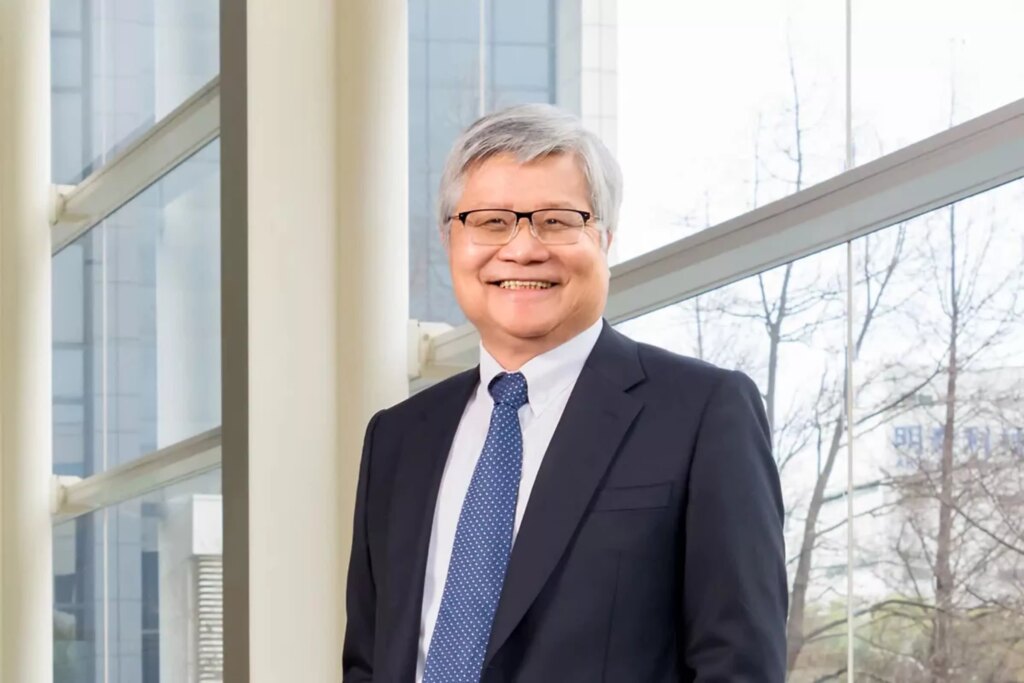In context: TSMC is facing significant challenges in its efforts to establish advanced chip production facilities in the United States. Despite a $65 billion investment in three massive factories in Arizona, TSMC’s CEO, C.C. Wei, has reiterated that the company’s most advanced chip technology is likely to remain in Taiwan for the foreseeable future.
Speaking at a National Taiwan University event, Wei outlined a series of obstacles that have slowed progress and increased costs for TSMC’s U.S. expansion. These challenges include complex compliance issues, local construction regulations, and various permitting requirements that have significantly extended the project timeline.
“Every step requires a permit, and after the permit is approved, it takes at least twice as long as in Taiwan,” Wei said, highlighting the stark contrast between the regulatory environments in the two countries. Other challenges include a shortage of skilled workers, gaps in the supply chain, and a lack of established regulations specific to chip plant construction.
To address these issues, TSMC has taken extraordinary measures. Wei revealed that the company invested $35 million to establish 18,000 rules in collaboration with local governments, hiring a team of experts to navigate the complex regulatory landscape. Additionally, TSMC has faced significantly higher costs for essential supplies, such as chemicals, which are five times more expensive in the U.S. than in Taiwan.
To mitigate the labor shortage, TSMC has resorted to relocating half of its construction workers from Texas to Arizona, incurring additional costs for relocation and accommodation.
Despite this, Wei remains optimistic about the quality of chips that will be produced at the Arizona facility. At a recent earnings conference, he expressed confidence in achieving the same level of quality as in Taiwan and anticipated a smooth ramp-up process.
During the call, Wei noted that TSMC had accelerated the production schedule for its first fab in Arizona, which began high-volume production in the fourth quarter of 2024. The fab utilizes N4 process technology with yields comparable to TSMC’s facilities in Taiwan. “With our strong manufacturing capability and execution, we are confident we can deliver the same level of manufacturing quality and reliability from our fab in Arizona as we do from our fabs in Taiwan,” he said.
Plans for a second and third fab in Arizona are also on track, Wei confirmed during the earnings call. “This is where we will utilize even more advanced technologies, such as our N3, N2, and A16 nodes, based on our customers’ needs,” he added.
The U.S. government has thrown its full support behind TSMC’s investment, offering a $6.6 billion grant as part of its strategy to diversify the geographic distribution of chip manufacturing, which is currently heavily concentrated in Asia, particularly Taiwan.
However, at the event, Wei noted that the most cutting-edge chip technology might not reach American shores as quickly as some in the U.S. had hoped. This is not new information: TSMC has consistently maintained that the majority of its chip manufacturing, especially for the most advanced chips, will remain in Taiwan.

